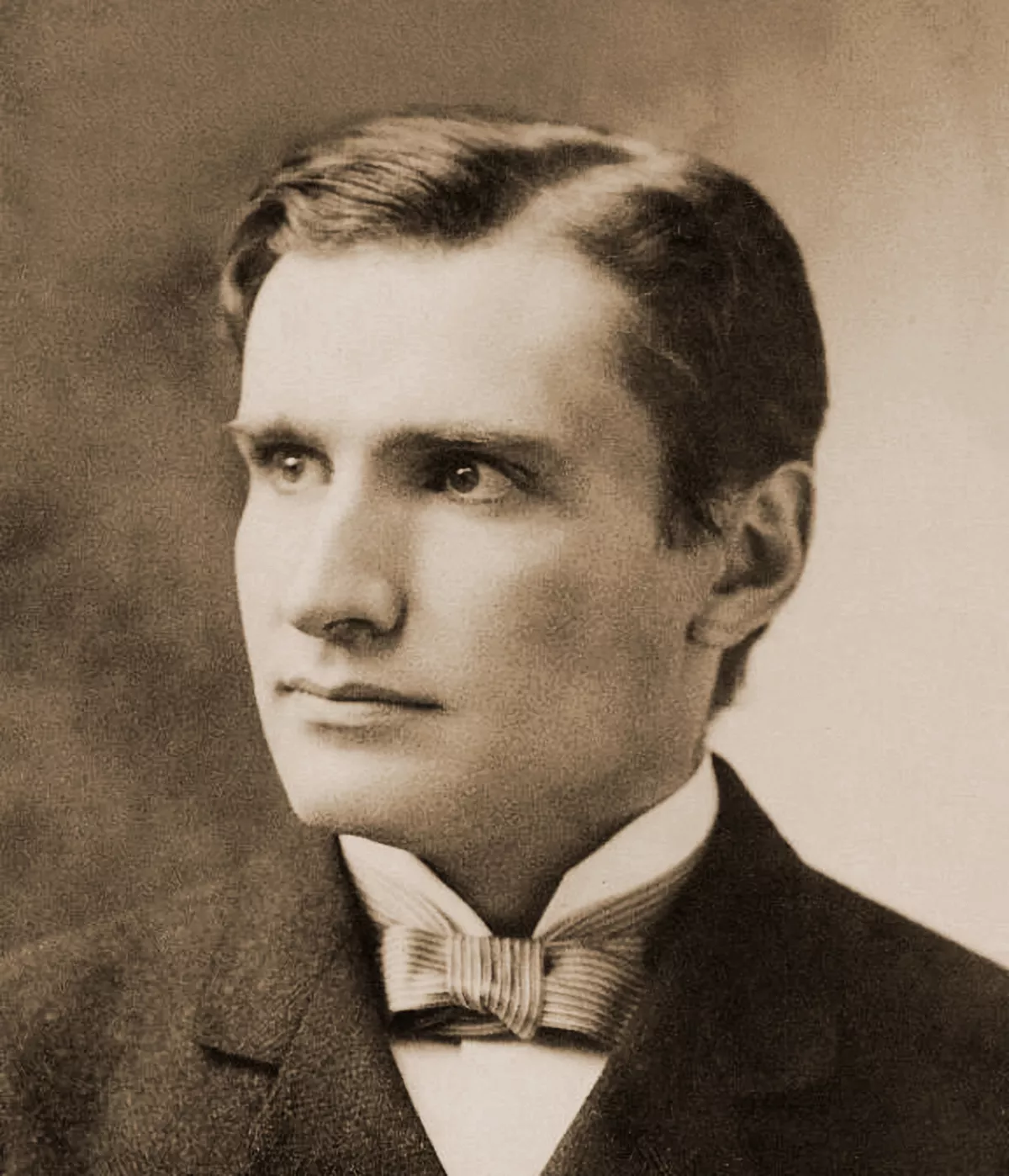 1.
1. Walter Johannes Damrosch was a Prussian-born American conductor and composer.

 1.
1. Walter Johannes Damrosch was a Prussian-born American conductor and composer.
Walter Damrosch was the director of the New York Symphony Orchestra and conducted the world premiere performances of various works, including Aaron Copland's Symphony for Organ and Orchestra, George Gershwin's Piano Concerto in F and An American in Paris, and Jean Sibelius' Tapiola.
Walter Damrosch conducted the first performance of Rachmaninoff's Piano Concerto No 3 with the composer himself as soloist.
Walter Damrosch's parents were Lutheran, although his paternal grandfather was Jewish.
Walter Damrosch exhibited an interest in music at an early age and was instructed by his father in harmony, and studied under Wilhelm Albert Rischbieter and Felix Draeseke at the Dresden Conservatory.
Walter Damrosch emigrated with his parents in 1871 to the United States.
Walter Damrosch was then only 19 years of age, but showed marked ability in drilling large groups.
In 1884, when his father initiated a run of all-German opera at the Metropolitan Opera in New York, Walter Damrosch was made an assistant conductor.
Walter Damrosch was best known in his day as a conductor of the music of Richard Wagner, and in 1894 he founded the Walter Damrosch Opera Company for producing Wagner's works.
Walter Damrosch was a pioneer in the performance of music on the radio, and as such became one of the chief popularizers of classical music in the United States.
In June 1891, Walter Damrosch searched for a first violinist for his permanent New York Symphony Orchestra, choosing well-known violinist and composer Julius Conus, who was touring in Berlin.
Walter Damrosch was fined by the musician's union for not advertising for musicians from New York, but the emigrating musicians were allowed to stay.
Walter Damrosch conducted famed solo harpist Vincent Fanelli from 1908 to 1911.
Walter Damrosch composed operas based on stories such as The Scarlet Letter, Cyrano, and The Man Without a Country.
Walter Damrosch wrote music for performances of Euripides's Medea and Iphigenia in Tauris, and Sophocles's Electra, and songs such as the intensely dramatic Danny Deever.
Walter Damrosch was the National Broadcasting Company's music director under David Sarnoff, and from 1928 to 1942, he hosted the network's Music Appreciation Hour, a popular series of radio lectures on classic music aimed at students.
Walter Damrosch's first recording, the prelude to Bizet's Carmen, appeared in 1903.
Walter Damrosch recorded very few extended works, and those were near the end of his most active time as a conductor; the only symphony he recorded was Brahms's Second followed by Maurice Ravel's Ma mere l'Oye suite with the New York Symphony for Columbia shortly before the orchestra merged with the New York Philharmonic.
Walter Damrosch is interred in Ledgelawn Cemetery in Bar Harbor, Maine.
Walter Damrosch was elected to the American Philosophical Society in 1939.